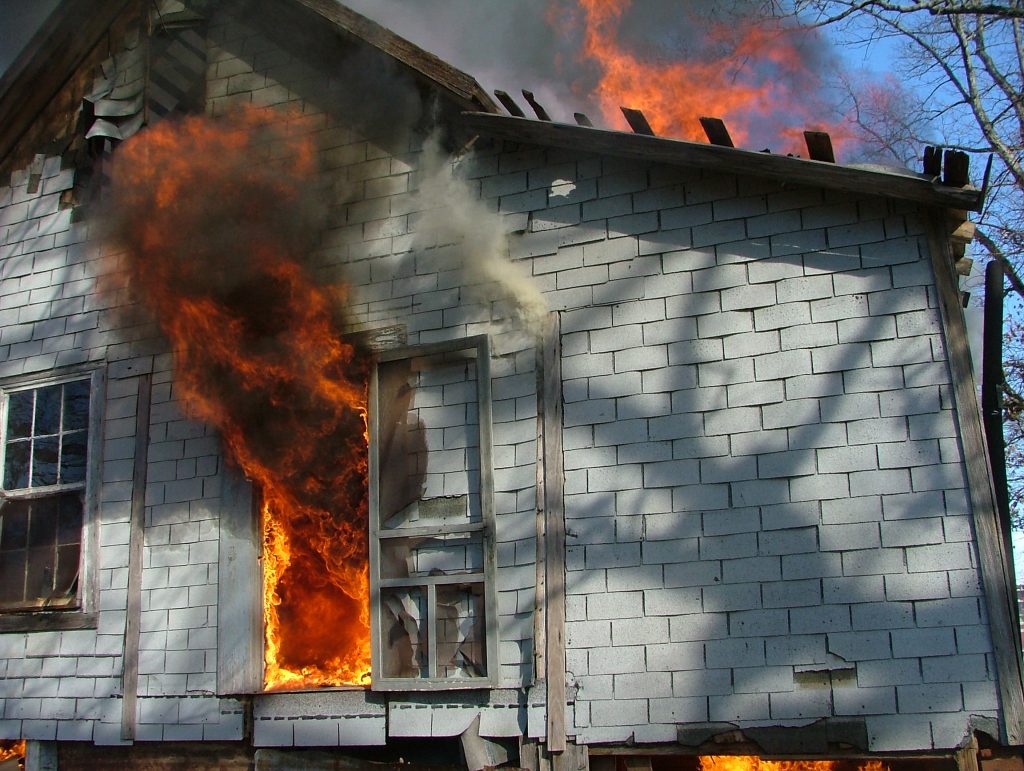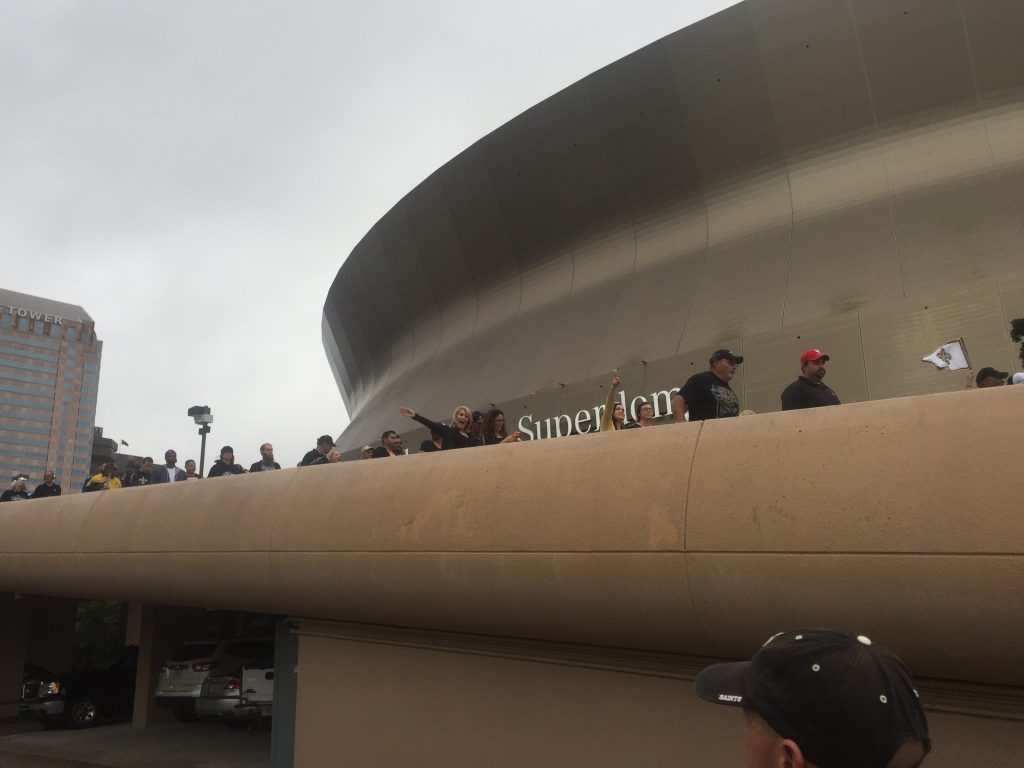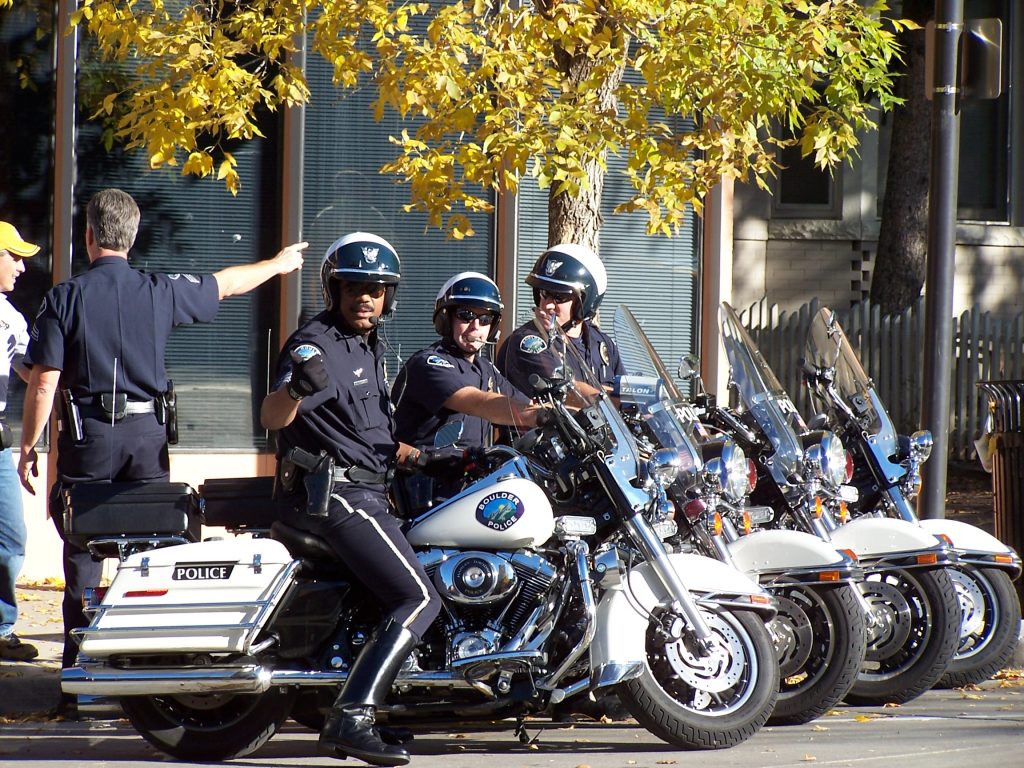 In bringing or defending against a lawsuit, an important question is which court should hear the merits of the dispute, a state court or a federal court. Any court hearing the lawsuit must have “jurisdiction”; the power to hear a particular dispute. Under 28 U.S.C. § 1332, titled “diversity jurisdiction”, federal courts have original jurisdiction over all civil actions between citizens of different states and the amount in controversy (damages sought) exceed $75,000, exclusive of interest and costs. 28 U.S.C. § 1441 allows the defendants to remove civil actions from state courts to federal courts when a case becomes “removable,” i.e. when federal courts would have proper jurisdiction over the case. Skilled lawyers know that jurisdictional issues can have significant effect on the outcome of the case and understand the nuances of procedural posturing. A 2015 case from the Louisiana First Circuit Court of Appeal discusses how amendments or supplements to pleadings such as a Petition can raise important jurisdictional questions.
In bringing or defending against a lawsuit, an important question is which court should hear the merits of the dispute, a state court or a federal court. Any court hearing the lawsuit must have “jurisdiction”; the power to hear a particular dispute. Under 28 U.S.C. § 1332, titled “diversity jurisdiction”, federal courts have original jurisdiction over all civil actions between citizens of different states and the amount in controversy (damages sought) exceed $75,000, exclusive of interest and costs. 28 U.S.C. § 1441 allows the defendants to remove civil actions from state courts to federal courts when a case becomes “removable,” i.e. when federal courts would have proper jurisdiction over the case. Skilled lawyers know that jurisdictional issues can have significant effect on the outcome of the case and understand the nuances of procedural posturing. A 2015 case from the Louisiana First Circuit Court of Appeal discusses how amendments or supplements to pleadings such as a Petition can raise important jurisdictional questions.
On April 3, 2011, Jerry and Elnora Harris’s home in Springfield, Louisiana burned to ashes. A year later, the Harrises filed a lawsuit against Union National Fire Insurance Company for the payment of their policy limits, penalties, and attorney fees. In their petition against Union National, the Harrises asserted that the total amount of damages did not exceed $75,000.00 including attorney fees, penalties, and interest. On April 9, 2012, the Harrises amended their petition, adding as defendants Bank of New York Melon, successor-in-interest to J.P. Morgan Chase Bank. The Harrises’ Amended Petition alleged that the Defendants engaged in predatory lending and fraudulent practices and sought additional damages for mental anguish, damage to their credit, and attorney fees. The Amended Petition stated that the total amount of damages sought by the plaintiffs against all named defendants would not exceed $75,000.00 including attorney fees, penalties, and interest.
On November 15, 2013, after the Defendants filed exceptions and answered the Petition and Amended Petition, the Harrises filed a Second Amended Petition, asserting that the total amount of damages against all defendants would exceed $75,000.00. The Defendants countered by filing a motion to strike the Second Amended Petition from the record, or alternatively, set for a hearing. The Trial Court granted the Defendants’ motion and ordered that the Second Amended Petition be struck from the record. The Harrises then filed a motion to vacate that order and requested that the Trail Court reinstate their Second Amended petition. After a hearing, the Trial Court vacated the order dismissing the Harrises’ Second Amended Petition and imposed sanctions of the Defendants for filing a frivolous motion to strike.

 Louisiana Personal Injury Lawyer Blog
Louisiana Personal Injury Lawyer Blog



 In bringing or defending against a lawsuit, an important question is which court should hear the merits of the dispute, a state court or a federal court. Any court hearing the lawsuit must have “jurisdiction”; the power to hear a particular dispute. Under
In bringing or defending against a lawsuit, an important question is which court should hear the merits of the dispute, a state court or a federal court. Any court hearing the lawsuit must have “jurisdiction”; the power to hear a particular dispute. Under 
 When a Louisiana resident is injured, she should consider filing a lawsuit against the person, group, or organization whose negligent or intentional acts were a proximate cause of the injury. However many potential plaintiffs do not realize that there may be several other persons and entities, not readily perceptible to the layman, who could be added as defendants and help ensure the plaintiff’s just compensation. Additional defendants can be extremely helpful when a plaintiff is going after substantial compensation because there will be more individuals to help pay out the sum should one or more parties be unable to pay a judgment due to bankruptcy or some other issue. Accordingly when Kenneth Truxillo was injured while attending pre-game festivities at Champions Square, the outdoor entertainment area bordering the Mercedes Benz Superdome, he did not just seek compensation from the owners of the Superdome but added several other defendants that he believed shared responsibility for his injuries.
When a Louisiana resident is injured, she should consider filing a lawsuit against the person, group, or organization whose negligent or intentional acts were a proximate cause of the injury. However many potential plaintiffs do not realize that there may be several other persons and entities, not readily perceptible to the layman, who could be added as defendants and help ensure the plaintiff’s just compensation. Additional defendants can be extremely helpful when a plaintiff is going after substantial compensation because there will be more individuals to help pay out the sum should one or more parties be unable to pay a judgment due to bankruptcy or some other issue. Accordingly when Kenneth Truxillo was injured while attending pre-game festivities at Champions Square, the outdoor entertainment area bordering the Mercedes Benz Superdome, he did not just seek compensation from the owners of the Superdome but added several other defendants that he believed shared responsibility for his injuries. When a person files a lawsuit, they generally have the right to be heard on their complaint. However, depending on when the lawsuit is brought, the action may be barred due to the lapse of time between the events leading to the lawsuit and the date the lawsuit is filed. This rule is known as prescription and the problems that can arise for plaintiffs from this rule can be seen in a lawsuit arising out of of Hammond, Louisiana.
When a person files a lawsuit, they generally have the right to be heard on their complaint. However, depending on when the lawsuit is brought, the action may be barred due to the lapse of time between the events leading to the lawsuit and the date the lawsuit is filed. This rule is known as prescription and the problems that can arise for plaintiffs from this rule can be seen in a lawsuit arising out of of Hammond, Louisiana. There are two sides to every story — and to every lawsuit. In many lawsuits, each side’s story is plausible, and the trial court’s decision ultimately comes down to which story was
There are two sides to every story — and to every lawsuit. In many lawsuits, each side’s story is plausible, and the trial court’s decision ultimately comes down to which story was  When a person is harmed or comes across what that person sees as an injustice, that person may feel that the only way out is through the courts. However, someone seeking help in the courts must be sure that the problem is one that a court can help. An injunction is a method by which someone can ask a court to order a person or company to either do something or stop doing something. Usually it is required in Louisiana that the party requesting an injunction be at risk of irreparable harm or harm that cannot be undone by the payment of money. This does not apply, though, if the action to be stopped is illegal to begin with.
When a person is harmed or comes across what that person sees as an injustice, that person may feel that the only way out is through the courts. However, someone seeking help in the courts must be sure that the problem is one that a court can help. An injunction is a method by which someone can ask a court to order a person or company to either do something or stop doing something. Usually it is required in Louisiana that the party requesting an injunction be at risk of irreparable harm or harm that cannot be undone by the payment of money. This does not apply, though, if the action to be stopped is illegal to begin with.  In initiating a lawsuit, timing is critical. In Louisiana, the doctrine of prescription bars a claimant’s legal right of recovery when he or she fails to exercise it within a given period of time. This doctrine functions somewhat similarly to what is known as the “statutes of limitations” in other U.S. states. However, certain statutory provisions “stop-the-clock” so to speak, and suspend the time within which a lawsuit must be brought. This entails precise timing calculations for determining prescriptive period or “deadline” for bringing a claim. Failure to comply with these deadlines means no recovery, as demonstrated by a recent opinion of Louisiana Fifth Circuit Court of Appeal in a lawsuit asserting medical malpractice claims.
In initiating a lawsuit, timing is critical. In Louisiana, the doctrine of prescription bars a claimant’s legal right of recovery when he or she fails to exercise it within a given period of time. This doctrine functions somewhat similarly to what is known as the “statutes of limitations” in other U.S. states. However, certain statutory provisions “stop-the-clock” so to speak, and suspend the time within which a lawsuit must be brought. This entails precise timing calculations for determining prescriptive period or “deadline” for bringing a claim. Failure to comply with these deadlines means no recovery, as demonstrated by a recent opinion of Louisiana Fifth Circuit Court of Appeal in a lawsuit asserting medical malpractice claims. 